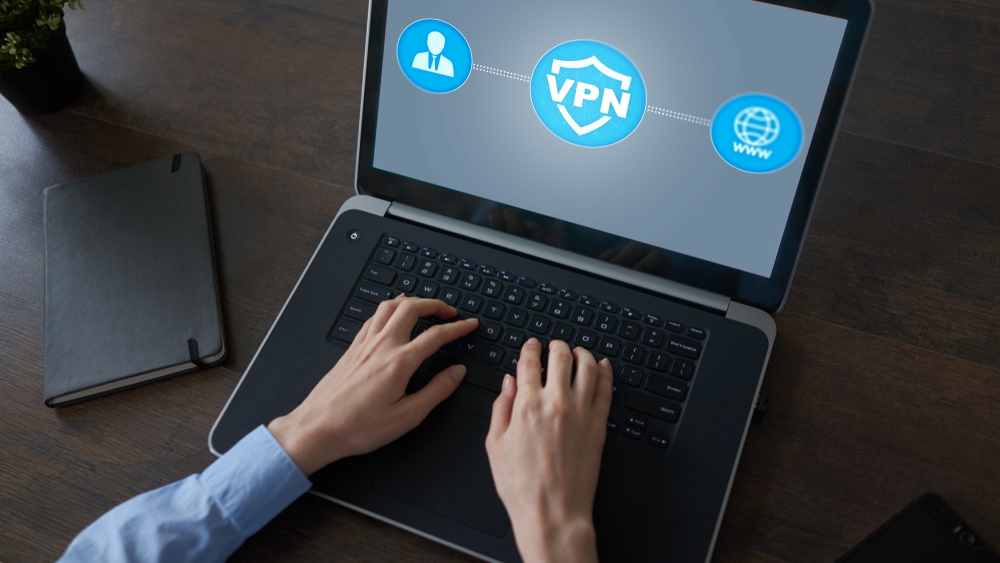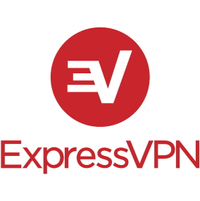Are free VPNs worth it?
When should you use one, and are they safe?

A VPN (virtual private network) is an online service that allows you to connect to a server not owned by your ISP located far away from you, which you can then use to connect to the internet. This remote server essentially acts as a misdirect to any person or website trying to track your online activity and can be used to disguise your digital footprint and anonymize your identity.
VPNs were originally created to foster security for businesses online. These days, however, they have gained popularity among end consumers too, who use them for accessing geographically restricted websites, streaming audio and video, and downloading torrent files.
Although it may present a very tempting option, a free VPN may not be the perfect solution for every user, and for many, paid options are more powerful and more complete packages that deliver a well-rounded privacy experience. However, are free services worth getting for anyone?
What are free services good for?
Using one of the best VPN services is legal in most countries. However, since they offer you anonymity and the power to hide your online activity, they have also been used for a host of potentially illegal tasks, such as downloading pirated software or accessing the dark web. We in no way condone using VPNs for illegal activity, but it’s essential to make sure your data is secure when using one.
Most people who need a good VPN service usually get a paid one, but that doesn’t mean that there aren’t free options available. No-fee VPNs usually come with restrictions, such as limited browser activity or throttled network speeds. However, there are some that offer more freedom than others in this regard.
More importantly, VPN services that come for free also have questionable security practices to be wary of. Most use the point-to-point tunneling protocol (PPTP) to connect to the internet, which, although widely supported, isn’t very secure. Services that don’t disclose the type of protocol they use may not even be encrypted at all. While these are still good for bypassing geographical restrictions, they won’t offer you anything in terms of security.
When looking for a VPN, you should avoid picking one that doesn’t disclose its security practices properly, even if it means getting stuck with one that throttles your connection or limits your bandwidth. If you are just looking for a service that lets you access geo-restricted sites or protect you while checking emails on public Wi-Fi, however, you can get by with just about any free service.
Sign up to get the BEST of Tom's Guide direct to your inbox.
Get instant access to breaking news, the hottest reviews, great deals and helpful tips.
- For the best connections, go with a fast VPN
- iOS users need a great iPhone VPN...
- ...and Android users need the best Android VPN
When should you get a paid-for VPN?
If you are bothered by the restrictions imposed by free services, such as limited bandwidth, low network speeds, or intrusive advertisements, it might be time to look at a paid-for option. You will also want to consider a paid service if you need high security for your online activity and/or if this activity is business-related.
Unlike free options, good paid-for VPNs will never track your digital activity for marketing purposes – nor will they force you to watch ads or restrict your network connection. Some may even offer additional features, such as the ability to choose your preferred server location or tunneling protocol.
Paid VPNs usually also come with 256-bit AES encryption, as opposed to the 128-bit encryption offered by most free services. On high-tier plans, these services can take security even further, with features like split tunneling, double VPN, or IPv6 leak protection.
If you’d like to invest in a paid VPN, we recommend using ExpressVPN. It’s a popular choice among security-conscious consumers as it doesn’t keep logs of your online activity in any form, plus it’s practically impossible to break through its encryption – it offers 256-bit AES encryption and SHA-512 HMAC authentication.
It also has great speeds, so you should be able to download files, stream videos, and play games without having to deal with any latency issues on its servers. Plus, Tom's Guide readers can claim three free months, working out at 15 months for the price of 12 – and you'll also have a 30-day money-back guarantee so you can make sure you like the service before you commit.
- Apple users need a Mac VPN, and PC users should get a Windows VPN
Ritoban Mukherjee is a freelance journalist from West Bengal, India whose work on cloud storage, web hosting, and a range of other topics has been published on Tom's Guide, TechRadar, Creative Bloq, IT Pro, Gizmodo, Medium, and Mental Floss.


